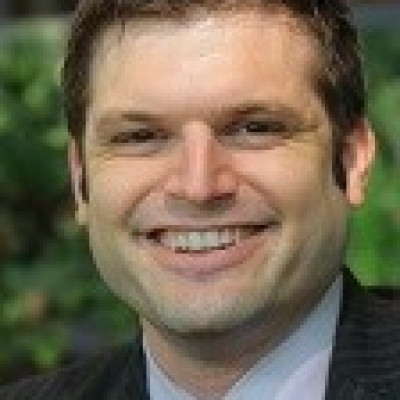Sessions /
How regulatory fit can increase learner motivation
#148
From a psychological perspective, basic motivation to act is dependent upon how hard someone thinks a task is weighed against how much they value the outcome they expect. Importantly, it is the perception of this difficulty and outcome that matters most to motivation. Often, what we do is not as important as how we do it, and this colors these perceptions of ours. Regulatory focus theory comes from the field of psychology and is concerned with how we do something. It identifies two ways people can be motivated to work on a task: With a promotion focus, oriented toward growth and development of new ideas, and a prevention focus, which is more concerned with avoiding errors and measuring one’s performance against what is already known. Many task strategies favor promotion (finding new possible answers—creative tasks, brainstorming, discussing new topics) while others favor prevention (avoiding wrong answers—honing knowledge and skills that have already been learned, such as grammar and vocabulary). While learners may individually have a default preference, research also shows that they can be primed to thinking through either promotion or prevention lenses based on teacher language or a learner’s recall of a past successful experience when they used a promotion or prevention strategy respectively. This poster presentation will explain the basics of regulatory focus theory and illustrate how it can be applied to harmonize learners, common L2 learning tasks, and strategies in a synergistic manner—regulatory fit—for positive motivational results.
